On the heels of a newly proposed rule from the S.E.C. requiring standardized greenhouse gas reporting by publicly traded companies, the country is watching closely as the California Assembly considers the Climate Corporate Accountability Act (CCAA). This bill would be the first of its kind in the US to be passed and would require California based companies with more than $1B in annual revenue to publicly disclose scope 1, scope 2, and scope 3 emissions. This new law would also require third party audits to validate disclosure information.
The new S.E.C. requirements and CCAA (or California bill SB260) could possibly set precedents for other states and even federal regulations in the future. As things stand now, the CCAA is more of a challenge for businesses since it includes data on scope 3 emissions. The S.E.C. will leave it up to the company to determine if scope 3 emissions are material to their business, and only then will those emissions need to be reported.
Scope 3 emissions are by far the most difficult to calculate, which is why this is a huge wake up call to companies across the country.
Unsure what is considered scope 1, scope 2, or scope 3? Here’s a quick explainer to help:
Scope 1 emissions are known as direct emissions released from company-owned and controlled resources. Scope one emissions are those that come from on-site fossil fuel combustion and fuel consumption by fleet vehicles.
Scope 2 emissions are identified as indirect emissions that come from sources owned or controlled by a company. These are the emissions that are generated through purchased energy via a utility provider.
Scope 3 emissions are indirect emissions created by third parties such as suppliers and customers. Scope 3 emissions often represent the bulk of a company’s footprint and include things such as employees commuting and travel, waste disposal, and the processing and use of sold products.
Beyond the determined level of reporting, the real takeaway from all if this is – businesses must prepare. One way or another, emissions disclosures are going to be necessary. Beyond the S.E.C. or laws in a state that don’t impact you (yet), climate related reporting is showing up in other places, including in RFP documents. The act of doing business requires transparency unlike ever before.
Reach out to learn how Green Places can help your business prepare for climate-related reporting and regulatory disclosures.







